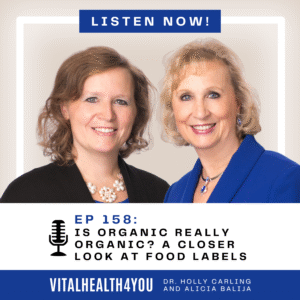Stress is pretty much universal. It’s how we respond to stress that affects our lives. We get to choose how to respond, vacillating on the spectrum between misery and joy. Simple isn’t it? If it were so, we wouldn’t need an article or a class on how to help us lean more towards the joy end of the spectrum no matter how challenging life is.
There are many types of stress and they tend to be dynamic – changing from minor to major, and interacting with each other, often compounding into a real difficult situation. The major types of stress include: Physical, chemical, emotional/psychological, environmental, social, financial, cognitive/mental, spiritual, technological and developmental. Within each of these are subcategories, with a list ad infinitum!
First of all, changing perspective helps. Remember that this will only be of short duration in the scheme of life, a blip on your map of life experiences. “This too shall pass” is a common phrase I use when I have struggles in life. The concept of enduring trials and knowing that hardships are temporary is a common theme in the Bible and an anchor for those who get discouraged.
There are 3 main ways I see of tilting the spectrum of stress closer to the “joy” side. First is our mental/physical action: activities such as reframing stress as “growth”, practicing gratitude, engaging in joyful activities, using stress as a jumping place to fuel joy, breathe deeply, stay in present time, find humor in the situation, and help others.
The second way is with nutrition: what you eat can greatly impact the way you cope. Consuming foods and drinks that create a physiological burden only decreases your ability to manage stress. Consuming sugar, caffeine, alcohol (while the immediate impact may be desirable, the long-term impact worsens things), processed foods (like snack foods, fried, frozen and fast foods), eating unhealthy fats and oils (especially margarine and hydrogenated oils), artificial sweeteners, energy drinks and soda pop, refined carbs, MSG, soy, or eating anything you’re allergic or sensitive to. Avoid these things as completely as possible.
Eating nutrient-rich foods help reduce the load and improve mental health. Darky leafy greens, healthy proteins/meats, avocados, fresh fish, berries, raw nuts and seeds, eggs, and cultured foods, are all foods to eat plentifully.
Third is how acupuncture can help stress. It’s not something often thought of, but, oh, so good! Acupuncture helps by shifting the nervous system from the sympathetic mode (stress, active mode) to parasympathetic (calm, relaxing, strengthening) mode. It regulates the stress hormones such as cortisol and endorphins, and neurotransmitters such as serotonin, dopamine, and oxytocin, which are key in mood regulation (can create a natural sense of joy, motivation, and emotional stability). Acupuncture improves energy, enhances sleep quality, reduces physical tension, stops the pain that contributes to chronic stress, decreases inflammation and other health conditions contributing to physical or emotional stress.
©2025 Holly A. Carling, O.M.D., L.Ac., Ph.D.







